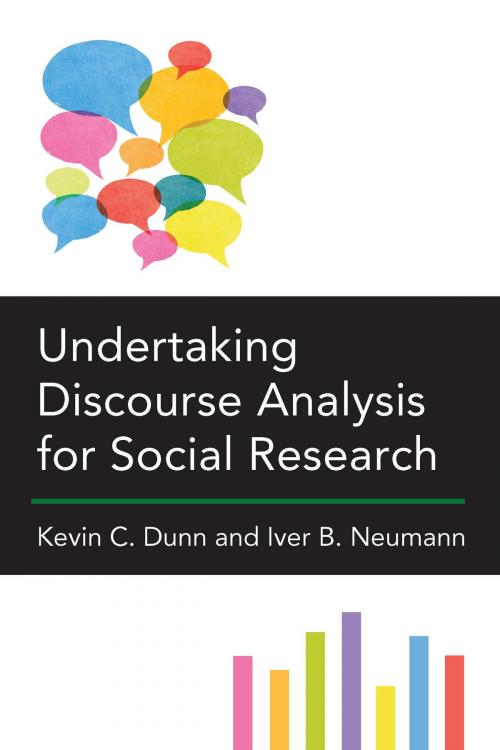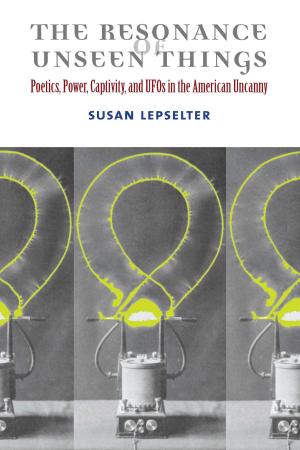Undertaking Discourse Analysis for Social Research
Nonfiction, Reference & Language, Education & Teaching, Social & Cultural Studies, Social Science| Author: | Kevin C Dunn, Iver B Neumann | ISBN: | 9780472121908 |
| Publisher: | University of Michigan Press | Publication: | March 3, 2016 |
| Imprint: | University of Michigan Press | Language: | English |
| Author: | Kevin C Dunn, Iver B Neumann |
| ISBN: | 9780472121908 |
| Publisher: | University of Michigan Press |
| Publication: | March 3, 2016 |
| Imprint: | University of Michigan Press |
| Language: | English |
Kevin C. Dunn and Iver B. Neumann offer a concise, accessible introduction to discourse analysis in the social sciences. A vital resource for students and scholars alike, Undertaking Discourse Analysis for Social Research combines a theoretical and conceptual review with a “how-to” guide for using the method. In the first part of the book, the authors discuss the development of discourse analysis as a research method and identify the main theoretical elements and epistemological assumptions that have led to its emergence as one of the primary qualitative methods of analysis in contemporary scholarship.
Then, drawing from a wide-range of examples of social science scholarship, Dunn and Neumann provide an indispensable guide to the variety of ways discourse analysis has been used. They delve into what is gained by using this approach and demonstrate how one actually applies it. They cover such important issues as research prerequisites, how one conceives of a research question, what “counts” as evidence, how one “reads” the data, and some common obstacles and pitfalls. The result is a clear and accessible manual for successfully implementing discourse analysis in social research.
Kevin C. Dunn and Iver B. Neumann offer a concise, accessible introduction to discourse analysis in the social sciences. A vital resource for students and scholars alike, Undertaking Discourse Analysis for Social Research combines a theoretical and conceptual review with a “how-to” guide for using the method. In the first part of the book, the authors discuss the development of discourse analysis as a research method and identify the main theoretical elements and epistemological assumptions that have led to its emergence as one of the primary qualitative methods of analysis in contemporary scholarship.
Then, drawing from a wide-range of examples of social science scholarship, Dunn and Neumann provide an indispensable guide to the variety of ways discourse analysis has been used. They delve into what is gained by using this approach and demonstrate how one actually applies it. They cover such important issues as research prerequisites, how one conceives of a research question, what “counts” as evidence, how one “reads” the data, and some common obstacles and pitfalls. The result is a clear and accessible manual for successfully implementing discourse analysis in social research.















